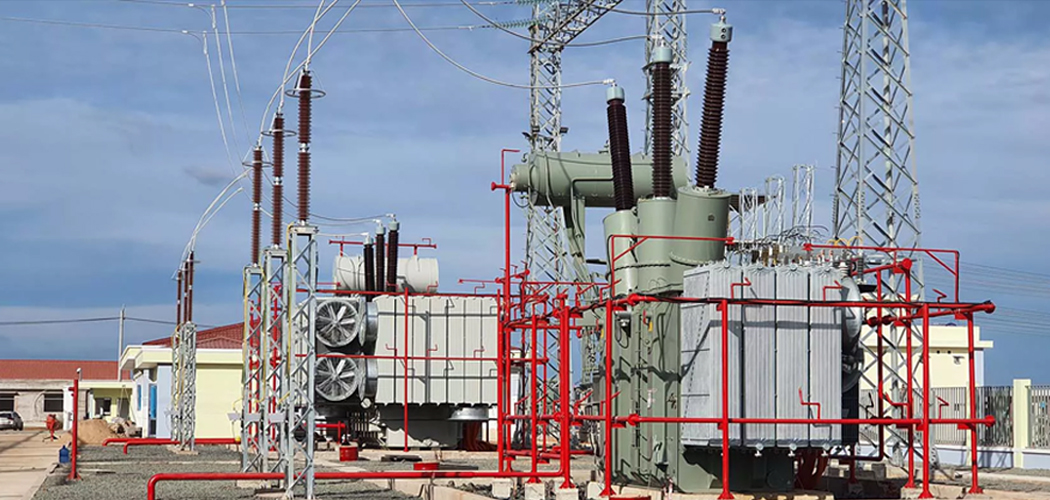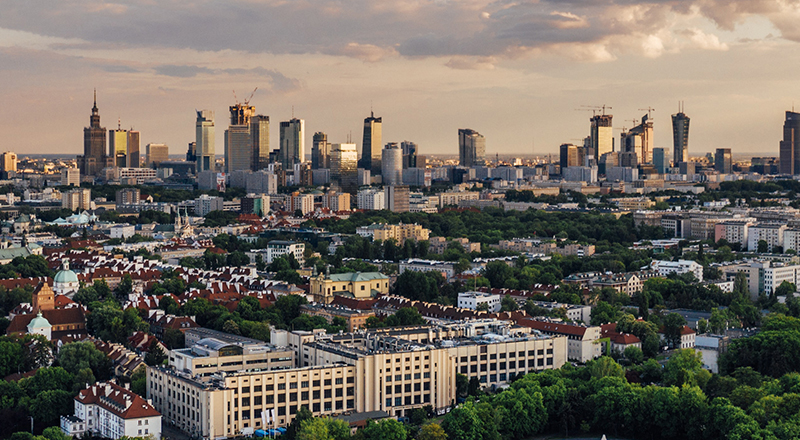Hitachi Innovations for the
Environment (ASEAN)
Southeast Asia has an abundance of natural treasures and is one of the world’s three major biodiversity and tropical landscapes.
However, concern over development-driven environmental impact within the region has been mounting in recent years, with air quality deteriorating and water pollution levels quickly rising.
The region’s push for continued economic growth has resulted in a host of adverse environmental impacts. Reliance on fossil fuels is turning locales in the region into not only less breathable, but also more unliveable. Meanwhile, water pollution in rivers from factories and farming have affected clean water access, which is a survival necessity, for millions of people.
The health of the environment directly affects our chances of survival as a society. This is why it is imperative that we preserve it before it is too late.

At Hitachi, we believe that social innovation is the way forward to solve these longstanding environmental issues, and we are committed to being part of the solution.
Defining Social Innovation
Social innovations are loosely defined as new solutions designed to solve social or environmental issues more effectively, which also create social relationships and foster collaborations in the process.
Learn moreSocial Innovation and Environmental Health in Southeast Asia
Southeast Asia is a region with great potential not just for growth, but also for sustainable transformation
Learn more
Defining Social Innovation
Social innovations are loosely defined as new solutions designed to solve social or environmental issues more effectively, which also create social relationships and foster collaborations in the process. Here, the private sector can play a significant role in addressing global issues by championing social innovation in their approaches. The larger the company, the bigger the impact.
There is now greater expectation from the community that companies should shoulder part of the responsibility for environmental conservation and preservation.
Respondents also ranked “commitment to green supply chain practices” as the top sustainable action that the private sector can take to meet sustainable and environmental goals.
As a multinational organisation, Hitachi understands the responsibility that we have to engender meaningful change around the world. We believe in the potential of social innovation to improve economic, social and environmental value for all. In line with this belief, we have been partnering with ecosystem stakeholders in the manufacturing, finance, mobility, and healthcare sectors worldwide under our Hitachi Social Innovation Business to power good.
Social Innovation and Environmental Health in Southeast Asia
Southeast Asia is a region with great potential not just for growth, but also for sustainable transformation – especially with regards to environmental issues. We have a long track record of working with governments and enterprises to deliver collaborative solutions that alleviate environmental issues while improving the long-term efficiency and productivity of businesses.
In Thailand, where factories are one of the top causes of serious air pollution, Hitachi is aiming to make factories smarter and more efficient to reduce unnecessary emissions.
We have integrated our Lumada Manufacturing Insights with DENSO’s IoT Data Server to enable “4M” data (huMan, Machine, Material, Method; referring to data from production operations and elements related to them) in manufacturing to be collected, analysed, and visualised digitally. By leveraging 4M data, factories can better generate integrated data sets that help them continuously optimise and improve their processes, reducing inefficiencies and, by extension, pollution.
Over in Singapore, land scarcity and energy storage are perennial concerns for the island nation.
To combat these issues, the country must be highly efficient in generating and using energy to optimise its available land.
As a result, Hitachi has partnered with Nanyang Technological University in Singapore to advance developments in Solid State Transformer technology, which will help to shape the next-generation grid system by consolidating multiple energy sources into a single intelligent network, contributing to Singapore’s flagship Energy Grid 2.0 Initiative.
Heightened production from the manufacturing sector has made Vietnam one of the fastest-growing economies in Southeast Asia last year, but it has also significantly increased energy demand.
To help the country tap into renewable energy to meet these needs, Hitachi supplied and commissioned a 220-kilovolts power transformer to Toji Group as part of the 50MWp Solar Power Plant Loc Ninh 5 project, which will feed electricity to the Vietnam grid.
In the Philippines, safe water access is a major issue – nearly five million people in the country do not have access to clean water and nine million are deprived of improved sanitation.
Hitachi is committed to helping alleviate the problem by joining forces with Filinvest Development Corporation to create a new water solution company. This company will develop water infrastructures in the country, such as water and sewage treatment facilities, as well as seawater desalination systems.
Long-Term Environmental Sustainability Through Social Innovation
Even with global headwinds such as the COVID-19 pandemic, Southeast Asia is still a land of opportunity and is poised for tremendous growth. However, this rapid pace of advancement must be tempered with the mitigation of environmental impact because our capacity to flourish as a civilisation is closely tied to environmental health.
Social innovation is required to achieve this harmonious balance for continued co-existence, and companies can lead the way.
Enterprises can create solutions and support initiatives that encourage communities and industries to adopt greener mindsets and practices.
By learning to incorporate environmental interests into our policies and processes from day one, we move a step closer to pro-environment becoming the new standard.
Date of Release: October 2021







